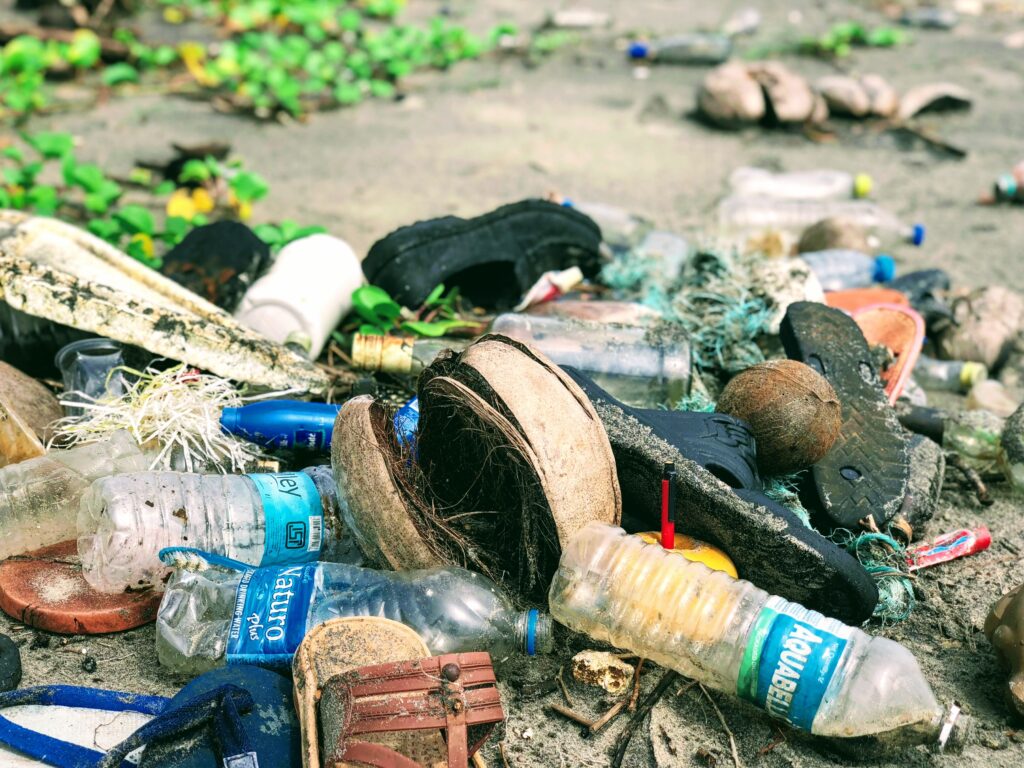Welcome to The A to Z of going eco-friendly! I’ve set myself the challenge of coming up with a list of sustainability-related words that might help those of us getting started on the journey. E is for Eco-Anxiety; something I definitely struggle with.
“Eco-anxiety” is certainly not a word you would have heard even 10 years ago much. It has become increasingly prevalent as we all grapple with the looming threat of climate change and its cascading effects on our planet. As our awareness of environmental issues deepens, so too does the emotional toll on our mental well-being. This phenomenon, known as eco-anxiety, reflects the profound concern and distress individuals experience in response to the environmental challenges our world faces.

The Impact on Mental Health
Eco-anxiety is not just a personal issue; it is a collective response to the urgent and complex problems our planet is confronting. A combination of factors such as extreme weather events, biodiversity loss, deforestation and rising sea levels contributes to a sense of foreboding and helplessness. For those of us just trying to get on with life and all it’s other stresses, grappling with eco-anxiety just adds to the increased stress and worry to feelings of despair about the future.
The psychological toll of eco-anxiety is significant, affecting mental health and well-being. Chronic stress related to environmental concerns can lead to symptoms like insomnia, fatigue, and even depression.
Addressing Eco-Anxiety
Acknowledging and understanding eco-anxiety is the first step towards finding solutions. It’s essential to recognize that feeling anxious about the environment is a valid response to the real and pressing issues we face. However, it’s equally crucial to channel this anxiety into constructive action.
- Educate Yourself: Stay informed about environmental issues, but be mindful of how much information you consume. Focus on reliable sources and set realistic limits to prevent overwhelm. Don’t forget that you also have your own life to lead and you can only do so much.
- Connect with Like-Minded Individuals: Joining community groups or environmental organizations can provide a sense of support and shared purpose. Working together with others who share your concerns can be empowering.
- Take Action in Your Daily Life: Make sustainable choices in your everyday life, such as reducing single-use plastics, conserving energy and supporting local businesses. Small actions collectively contribute to significant change. Get the family on board too. It might even be fun!
- Practice Self-Care: It’s crucial to prioritize your mental health. Engage in activities that bring you joy and make sure you are only taking on as much as you are capable of. Recognise when you need to get extra help dealing with anxiety.
Eco-anxiety is a natural response to the environmental challenges we face. It can also serve as a catalyst for positive change. By transforming anxiety into action, we can contribute to a collective effort to build a more sustainable and resilient future. Through education, connection and advocacy, we can channel our concerns into meaningful steps towards a healthier planet for generations to come. Together, we have the power to turn the tide on eco-anxiety and create a world where environmental stewardship is a shared responsibility.

